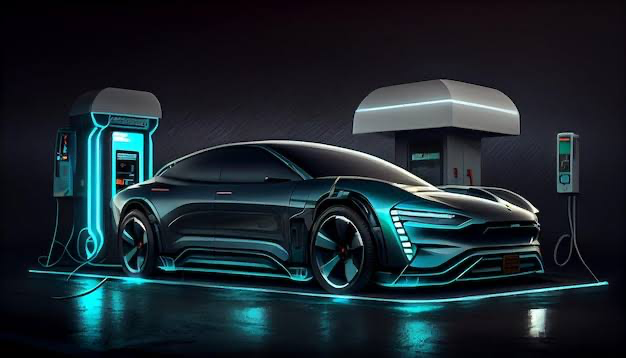Ghana is making significant strides in the electric vehicle (EV) domain, embarking on a collaborative journey with the United Kingdom to unlock potential opportunities within the burgeoning sector. Harriet Thompson, the British High Commissioner to Ghana, recently underscored the mutual interests of both nations in exploring cooperative ventures in the EV landscape, highlighting the UK’s recognition of Ghana’s economic advancements in the auto sector.
This burgeoning partnership was further solidified with the signing of three Memorandums of Understanding (MOUs) during the ninth meeting of the UK-Ghana Business Council (UKGBC) in Accra, encompassing areas such as the auto industry and climate financing. The council’s discussions were pivotal, focusing on leveraging climate finance to support Ghana’s ambitious climate activities, including EVs, shipping, and hydrogen projects.
According to a report by ESI Africa, the UKGBC meeting, which also included a successful auto sector investor mission, aims to identify opportunities that support Ghana’s industrial transformation, spanning the auto, pharmaceutical, manufacturing, and garments sectors. These efforts are part of a broader agenda to harness climate finance and electric vehicles as key drivers of growth.
On the domestic front, Ghana’s government is proactively formulating policies and incentives to foster the EV sector’s expansion. The unveiling of the National Electric Vehicle Policy at COP28 in Dubai marks a crucial step towards decarbonizing the transport sector, aligning with Ghana’s National Energy Transition Plan 2022-2070 and its commitments to combating climate change. The policy outlines a phased approach, targeting a 35% EV penetration rate by 2035 and aiming for the cessation of new petrol or diesel vehicle sales or imports by 2045.
The 2024 Budget introduces several incentives to stimulate the EV market, including import exemptions for investors assembling EVs in Ghana and duty exemptions for commercial electric buses. These measures are designed to create green jobs, develop the local value chain, including lithium mining and processing, and make EVs more accessible to Ghanaians.



